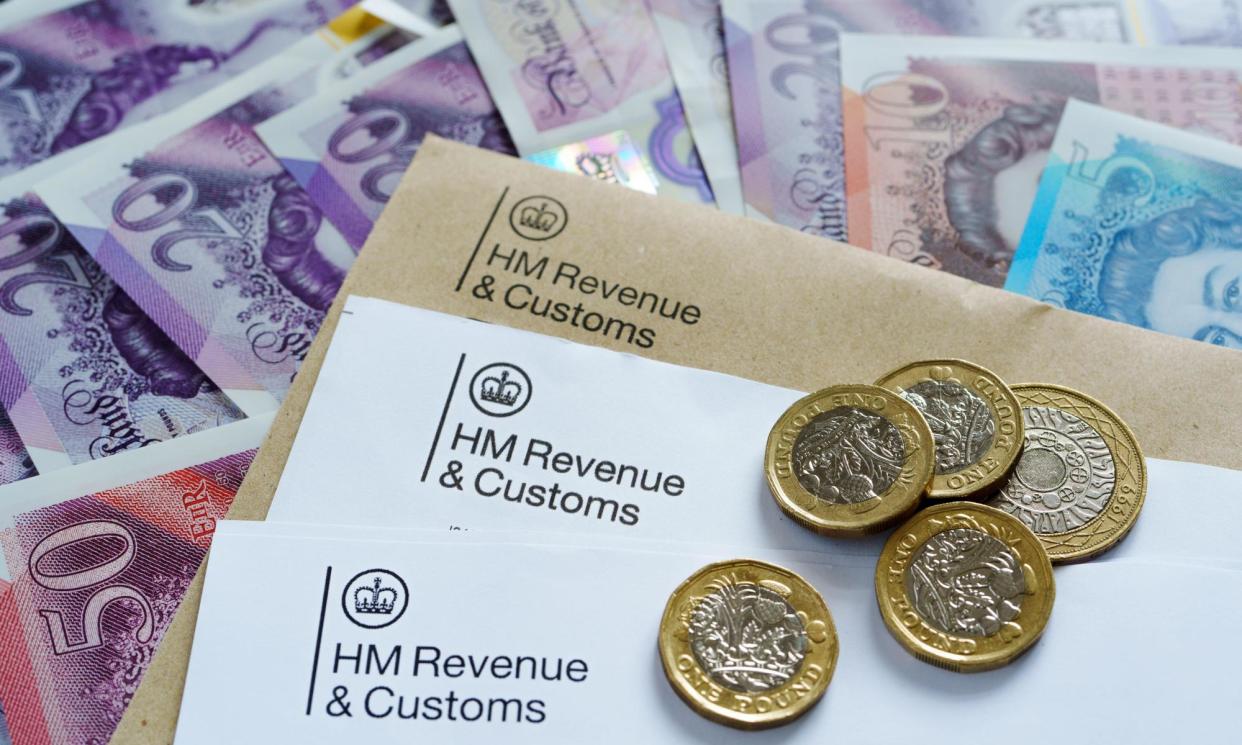Labour and Tories ‘ducking hard choices’ on tax and spending, says IFS

The hard choices on tax and spending that will face Britain’s next government are being ducked by Labour and the Conservatives, leaving voters operating in a knowledge vacuum, a leading thinktank has said.
In a withering assessment, the Institute for Fiscal Studies said neither main party’s manifesto recognised the pressure on the public finances caused by a “toxic mix” of low growth and the after-effects of the pandemic and the energy crisis.
Paul Johnson, the IFS director, said: “The choices in front of us are hard. High taxes, high debt, struggling public services, make them so. Pressures from health, defence, welfare, ageing will not make them easier. That is not a reason to hide the choices or to duck them. Quite the reverse. Yet hidden and ducked they have been.”
Johnson said huge decisions would need to be taken over the size and shape of the state, and these would probably require either higher taxes or worse public services, but you would not guess this from reading the manifestos of listening to their promises.
“They have singularly failed even to acknowledge some of the most important issues and choices to have faced us for a very long time. As the population ages these choices will become harder, not easier. We cannot wish them away,” he added.
Johnson said commitments to improve the NHS were essentially unfunded promises and that a “conspiracy of silence” meant neither main party had made any serious proposals to raise taxes.
“Despite a (damaging) rush to rule out increases in all sorts of tax rates, it will be a considerable surprise if no other taxes are increased over the next five years. After all, they are currently much higher than was implied by the 2019 Conservative party manifesto.”
default
Johnson said the manifestos told voters more about what they wouldn’t do than what they would. “Tax locks – pledges not to increase specific taxes or tax rates – aren’t new. But this time, the parties have really gone to town. We’ve seen something of a tax lock arms race,” he added.
“These tax locks are a mistake. They will constrain policy if a future government decides that it does in fact want to raise more money to fund public services. They also put serious constraints on tax reform – something which the Conservatives seem to have all but ruled out, and which is notable in the Labour manifesto by its absence.”
The IFS director said if – as was likely – growth forecasts were not revised up this autumn, it was not known whether the new government would stick roughly to the day-to-day and investment spending totals set out in the March budget, or whether they would borrow more or tax more to top them up.
“If they were to stick to spending plans we do not know what would be cut. If taxes are to go up, we do not know which ones. We certainly don’t know how they would respond if things were to get worse.”

 Yahoo News
Yahoo News 
